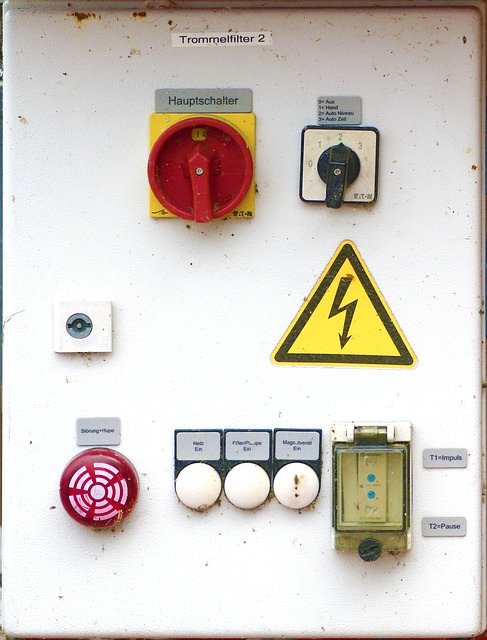The Internet Kill Switch | Is there a solution?
There is one very important question that always arises when I try to explain decentralization to people who have a wider scope of the architecture of the internet.
(German version: https://steemit.com/german/@sarahkl/der-internet-kill-switch-or-gibt-es-eine-loesung)
First of all, a usable decentralized internet is not as far away as one might think. Two projects I have been contributing to (Internet of People and Libertaria) are working together on a kind of decentralized operating system for apps and app development, so you can really do something with this abstract idea of decentralization. Zeronet is another good example of a decentralized internet but it is more desktop/web focused than IoP and Libertaria which focus on mobile devices.
The biggest question now is:
What happens, if the internet providers shut down the internet or the government decides to prohibit internet connections? Aren’t we completely f*@#ed with all our decentralized technology?
Yes, if we were still dependent on the commercial internet providers to connect our devices with each other, we could throw all our inventions, all our bitcoins and altcoins in the trash and could start again from scratch.
But luckily there are very intelligent and visionary people out there who already thought about this possibility and are developing solutions for it.
Decentralized Internet Satellites
One solution for a decentralization of internet connections could be very small satellites in our orbit. The first crypto project that talked about this was Nexus. But there are a lot of people who research in this direction and actually developed Cube Satellites that are like “dust you throw up”, as Ernest Hancock said at the Nexus Conference in 2017.
The main goal is to bring the internet to the people in the third world but it can also very well be used in case the first world is cut off the grid. How fast this will happen is not entirely clear. In Nexus’ Whitepaper the satellite part has 8 lines of text and is more of an idea, I feel. But it is definitely an idea that we should keep in mind.
All purpose Meshing Networks on P2P hardware nodes
A solution that I see in the very near future are meshing networks established with mini computers like Raspberry Pis.
Libertaria recently released the first Raspberry Pi image for decentralized nodes for the Internet of People, called TitaniaOS. The Internet of People developers developed a protocol for fast and easy P2P communication of all kind. In the future it will be possible to develop and use dApps on this network without even recognizing that you are on a P2P network and not the “normal” centralized server network we call internet today.
These Titania nodes are mostly installed on a Raspberry Pi 3 which is Bluetooth and Wifi enabled. This opens the door for a real meshing network, provided that the Titania Boxes are distributed well, so that they can pick up each others signals.
When we brainstormed about this one year ago, we actually didn’t think that it will happen in the next two years but as far as I know the developers and the community of these projects, there will be a decently working network of nodes all over the planet in the next months.
Crypto Projects of the World - UNITE!
One trend I can recognize in my sphere is the will to work together. It seems that different projects and their leaders recognize that decentralization and the independence from middlemen, like the state or big corporations and banks, can only be pushed forward when we work hand in hand.
The worst thing a crypto project can do, is to separate itself (and their community) from all other projects that thrive for the same goal, just for the sake of developing strong USPs (unique selling proposition) to earn more money.
In the end it doesn’t matter who made the most money or is the market leader, if the state can still shut us all down with a metaphorical kill switch.
There are just two possibilities I can think of: Either we all get our shit together and work on a patchwork of connected decentralized networks, or we can all bury our visions, ideas and goals of a free and decentralized world right now!
That being said, I am still very optimistic that more people understand the necessity to develop solutions for an independent internet. In the beginning it was designed that way and we should try to get back to this decentralized internet of independent connected networks.
